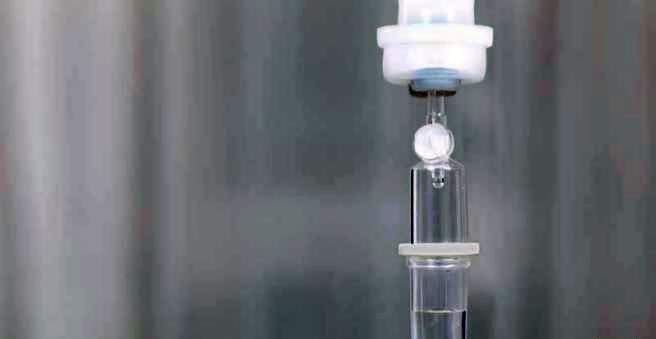Endocarditis prophylaxis refers to various measures to prevent endocarditis – inflammation of the heart’s lining. In most cases, the term endocarditis prophylaxis refers to antibiotic therapy prior to certain medical procedures that are associated with an increased risk of subsequent infective endocarditis. Read more about Endokarditisprophylaxe here.

Endocarditis prophylaxis – for whom?
In most cases, infectious endocarditis occurs when the heart is attacked by a pre-existing disease. This could be, for example, with a congenital heart valve defect, but also if, for example, the aortic valve has changed at an advanced age due to atherosclerosis (arteriosclerosis). Any defect in the endocardium, which also includes the heart valves, provides an attack surface for bacteria (in rare cases also fungi). Even after certain heart surgeries, there is a risk of heart inflammation.
Endocarditis can thus best be prevented if the underlying diseases are treated or operated on early. At the same time you have to avoid that larger amounts of bacteria in the bloodstream and thus reach the heart – or at least as soon as possible harmless. At this point, the endocarditis prophylaxis begins in operations.
The following patients are considered risk groups for heart inflammation or a severe course and therefore receive endocarditis prophylaxis:
- Patients with artificial heart valves (mechanical or made of animal material).
- Patients with reconstructed heart valves with artificial material (in the first six months after surgery).
- Patients who already had endocarditis.
- Patients with certain congenital heart defects.
- All prosthetic heart defects (in the first six months after surgery).
- Patients who have a heart transplant and develop heart valve problems.
Endocarditis prophylaxis – this is how it is done
Whether the doctor initiates endocarditis prophylaxis prior to surgery or minor surgery depends on the site of the procedure and the procedure. The risk of bacterial infection of the endocardium varies. It also depends on the health of the person concerned. The higher the likelihood of bacteria being flushed directly into the bloodstream during an operation, for example due to mucous membrane damage (bacteraemia), the more important is endocarditis prophylaxis.
For patients without present infections, endocarditis prophylaxis is especially prevalent dental treatments performed, for example, during operations on the periodontium, when a tooth is pulled or during implantation procedures. Endodontic prophylaxis is also useful for teeth cleaning and scaling for some patients.
Another important area are Interventions on the respiratory tract, for example, almond operations. The same applies to various examinations or interventions in which the mucous membrane can be injured. If there is an infection in a high-risk patient that could spread, he will also receive endocarditis prophylaxis in other situations. This could be the case with interventions and biopsies in the gastrointestinal tract or on the urinary and sexual apparatus.
The patient takes a tablet-based antibiotic 30 to 60 minutes before the procedure, for example, amoxicillin. In existing infections, the antibiotic is adapted for Endokarditisprophylaxe the respective pathogen, for example, ampicillin or vancomycin in an enterococcal infection in the intestine. In some cases, a drug is needed that can not be taken as a tablet; in which case the doctor administers it with a syringe.
Endocarditis prophylaxis at home: factor oral hygiene
Even without medical intervention, there may be a transient bacteremia that causes endocarditis. When chewing or brushing teeth, for example, small injuries to the oral mucosa can allow bacteria to enter the bloodstream.
To keep your gums healthy and resistant, careful oral hygiene is important. You can also reduce the number of harmful bacteria in the oral flora. It is recommended for every person to brush their teeth regularly and to use floss and possibly mouthwashes. But those who, for example, suffer from a disease of the heart valves, so not only receives his oral health, but also operates active Endokarditisprophylaxe for his heart.